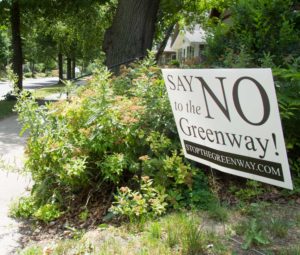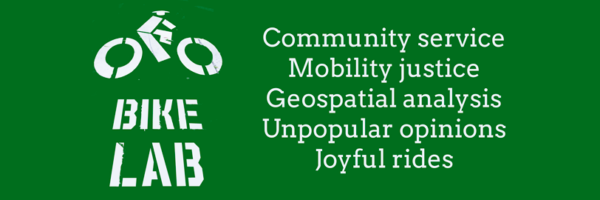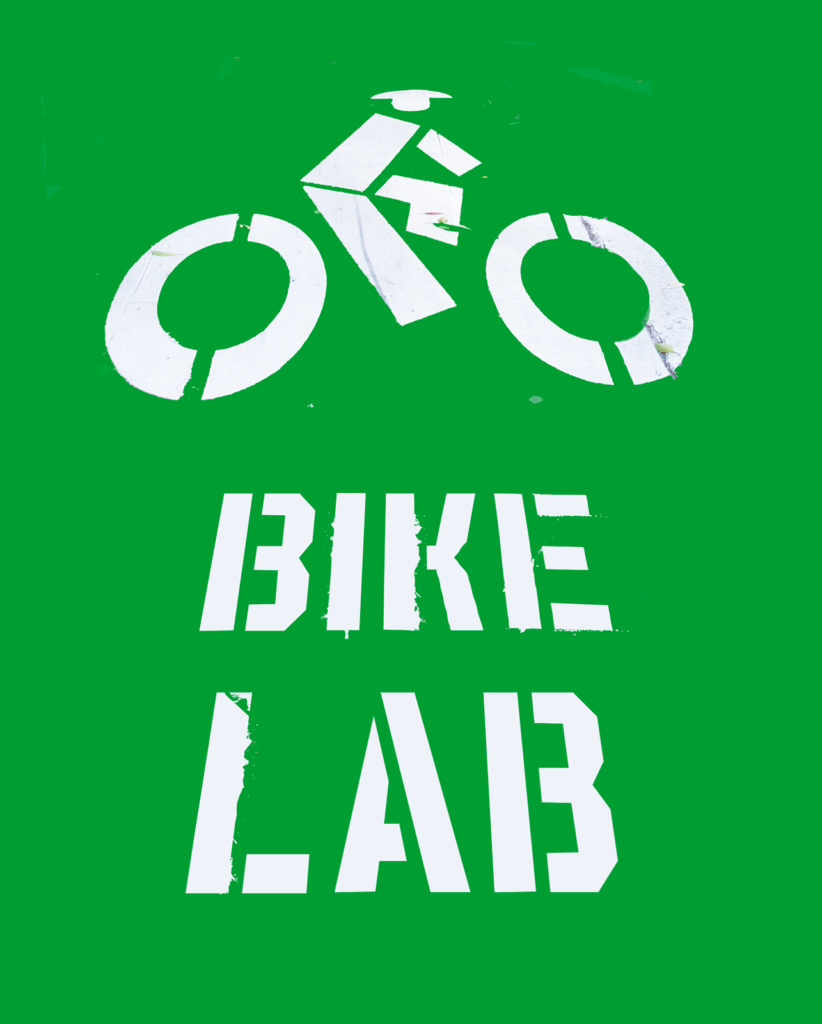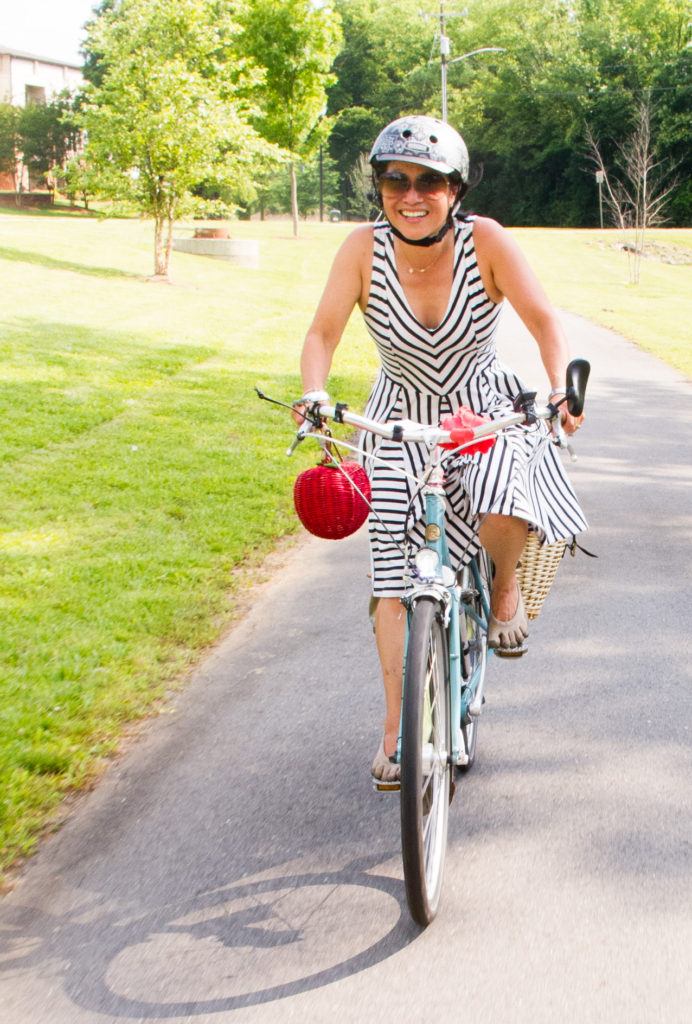
Arriving back in Oakland, I got stuck in traffic when #BlackLivesMatter closed down the freeway. It highlighted for me that the most interesting things I’ve found on these research trips have been related to identity politics. From the exclusions of the Southern Walnut Creek bike path in Austin, to the controversy over the North Minneapolis Greenway (more on that later), to the lack of east-west connections in Columbus (more on that also), I keep coming across interesting social issues which play out in cycle infrastructure. It feels like a rich and timely topic.
It so happens that a few days before Philando Castile was killed, I’d surveyed the road where that shooting would later occur. The Falcon Heights region of St. Paul is a marginal, a mix of light industrial and low-density residential areas near the state fairgrounds. You could find a similar area in any Midwestern city. And in any Midwestern (or U.S.) city, identity politics plays out in decisions about which neighborhoods have street trees or not, who gets home loans and on what terms, and where rail lines, freeways, factories and dumps get sited. Identity also plays out in questions about who gets stopped for having a broken tail light, and what happens during those traffic stops.
I’m not researching Philando Castile’s death, or race relations in the U.S. in general; others who are far more capable of digging into that depressing topic. But having been at that place at this moment makes it hard for me to ignore how identity politics affects urban infrastructure.


